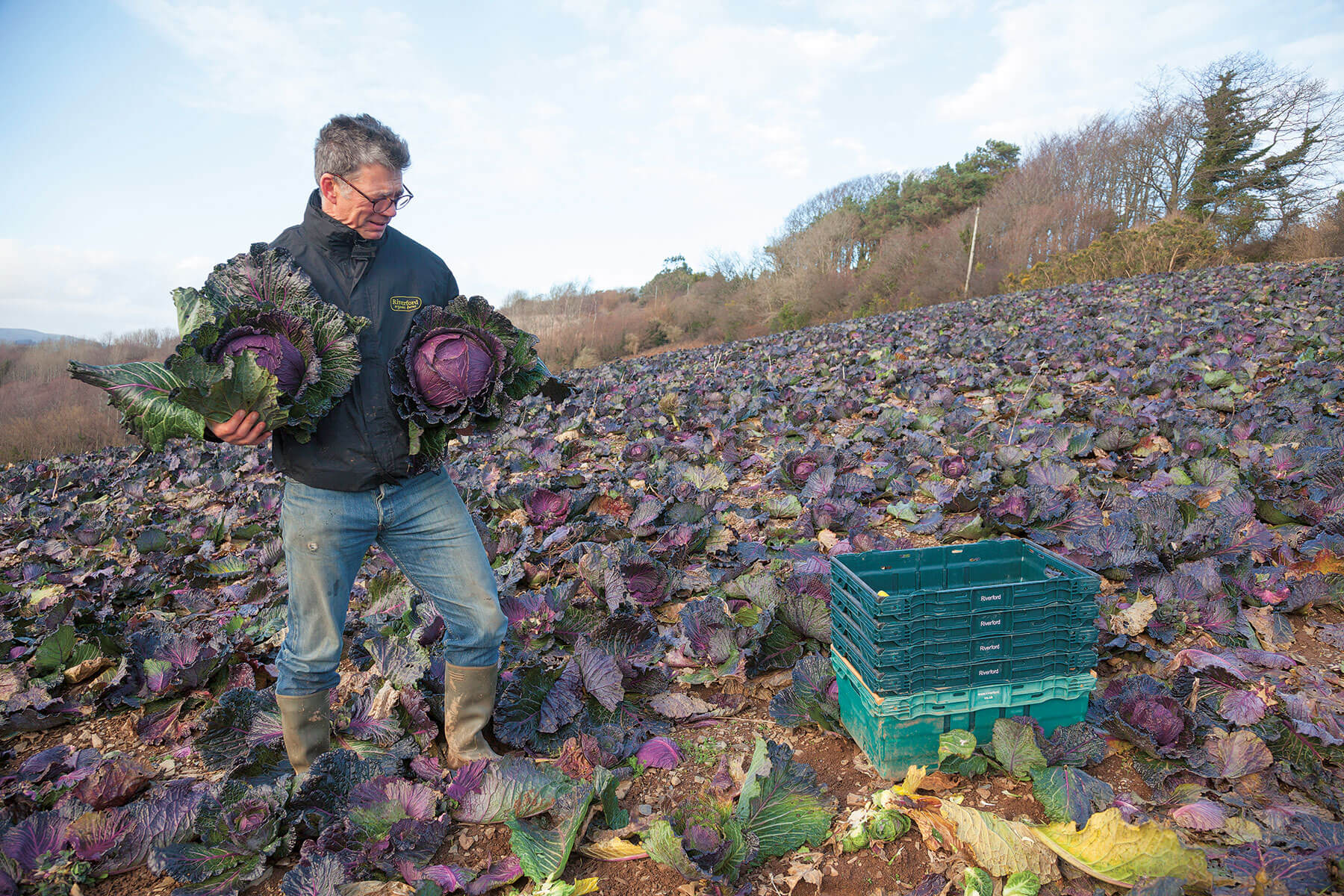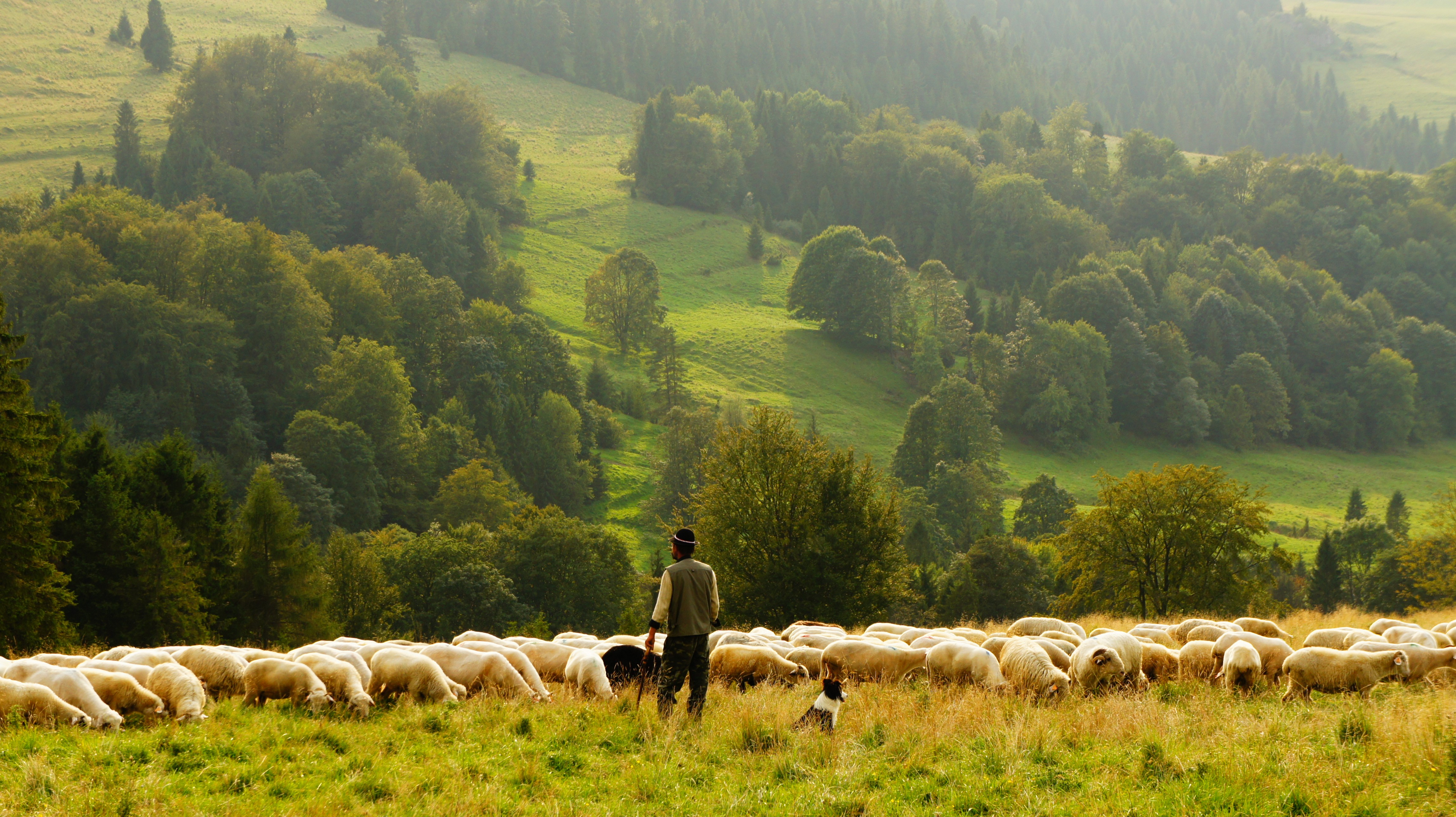
THERE’S a lot we feel guilty about these days when it comes to food.
Be it the amount of plastic packaging surrounding our vegetables, to the ethics involved in the meat and dairy industry, to the sustainability of mass production.
People are now trying to adapt their eating habits to make sure they’re not only getting a balanced diet from a nutritional perspective, but also making choices that will protect the environment in the process.
But with so much information being continually fed to us, it’s hard to know what’s really right and wrong, and how exactly we can make a difference.
As a result, Leisure Cooker have teamed up with leading UK food production experts to create a foodie guide, which helps consumers learn exactly the right ways in which to buy food as ethically and sustainably as possible.
The guide touches on common myths surrounding food sustainability and gives advice on how to make smart food choices when it comes to sourcing sustainable fish, veg, dairy and meat.
Food experts such as the Marine Sterwardship Council and Seafood Scotland (MSC) give advice on the best practices to ensure sustainability in aquaculture, while the Soil Association sheds light on the most sustainable choices for vegetable purchases.
The MSC advises that as long as salmon, prawns, tuna, cod and haddock are certified sustainable with the MSC Blue Fish label, they are ok to eat.
With the issue of ocean pollution reaching alarming levels, and reports from MSC that a third of global fish stocks are either depleted or being overfished, sourcing fish in a sustainable manner is more important than ever.
When it comes to seafood, “it’s a myth that we have to avoid popular species”, MSC advises.
“There is no such thing as a sustainable species – it depends how and where it is caught. Mussels from Scotland and Wales have been rigorously checked by scientists and have been reviewed by independent auditors on behalf of the MSC.”
Buying local is the most sensible approach in most cases for fruit and veg, but there are exceptions.
“Fruit and veg we eat all year round such as tomatoes are often going to be air freighted or grown in heated greenhouses.
“We extend the growing season slightly using polytunnels but don’t use artificial heat or light, and focus on growing for flavour,” said popular veg box brand, Riverford.
From an environmentalist point of view, they caution consumers to think about all the aspects involved in the ‘farm to fork’ journey: “The huge amounts of heat used in glass hothouses is produced by burning gas or oil.
“For every kilo of tomatoes grown in this way, 2-3 kilos of CO2 are released into the atmosphere. When we can’t grow tomatoes at home without heat, we truck them over from Spain. This uses just a tenth of the carbon compared with growing them in the UK using heat.”
Find out more about the sustainable food guide here.

Enjoy the convenience of having The Sunday Post delivered as a digital ePaper straight to your smartphone, tablet or computer.
Subscribe for only £5.49 a month and enjoy all the benefits of the printed paper as a digital replica.
Subscribe